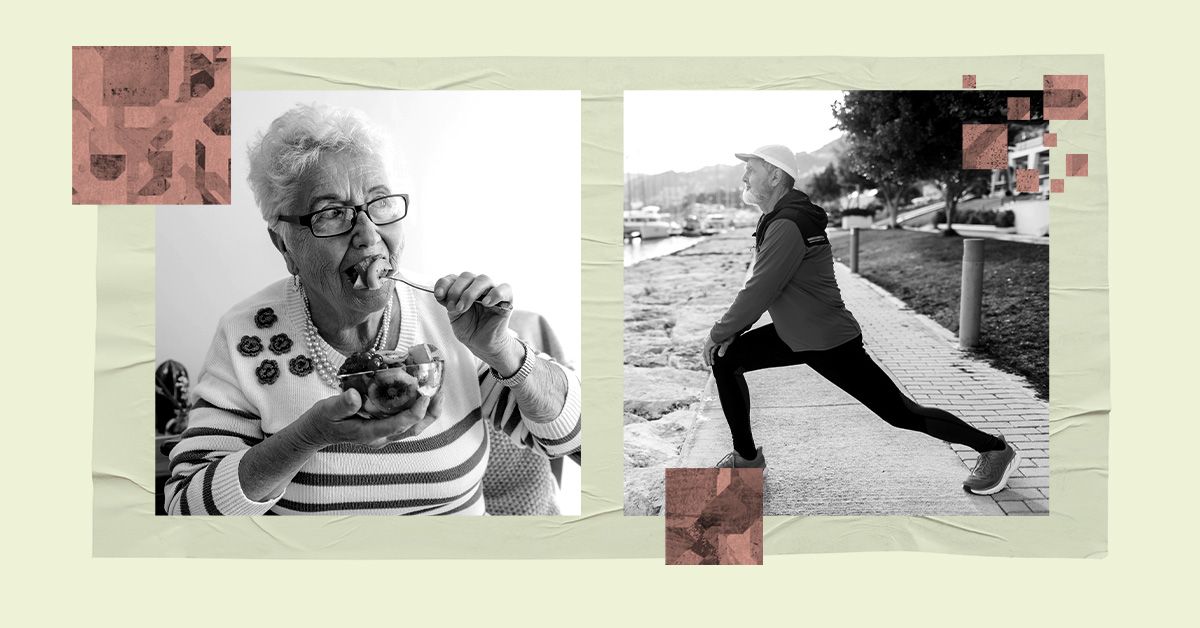Living a healthy life after the age of 80 can improve a person’s chances of living to 100, according to researchers. This study, published in the journal JAMA Network Open, found that maintaining a healthy lifestyle, even at an advanced age, can have life-prolonging benefits. Researchers evaluated 1,454 centenarians and 3,768 people who died before reaching 100 and found that those with the highest healthy lifestyle scores had a significantly higher likelihood of reaching 100. The study focused on lifestyle factors such as exercise routines, smoking history, and dietary diversity.
The researchers used data from the Chinese Longitudinal Healthy Longevity Survey, which is considered nationally representative and one of the largest prospective cohorts targeting people aged 80 years or older. They ranked healthy lifestyle scores from 0 to 6, with higher scores indicating potentially better health outcomes. Participants who scored highest (5-6) lived the longest, with 276 of 851 individuals in this group becoming centenarians. On the other hand, those who scored lowest (0-2) lived the shortest amount of time.
Dr. Scott Kaiser, a geriatrician, emphasized the importance of healthy habits in increasing one’s chances of living longer. He mentioned that with advancements in social, economic, and medical development, life expectancy has increased globally. Kaiser stated that aiming to live longer means aiming to live better, and taking care of one’s body is essential for achieving healthy longevity goals. He advised people to make healthy choices and positive changes to their behaviors and mindset to increase their odds of living longer.
Joy Puleo, the balanced body education director at Balanced Body, highlighted five key ingredients for longevity in life over 80. These ingredients include getting regular exercise, strength training, practicing mindfulness with activities like yoga and tai chi, working on physical balance, and engaging in movement that is enjoyable. Puleo stressed the importance of nutrition, advising people to eat healthy food, avoid processed and sugary foods, prioritize themselves, keep moving, and get enough sleep. She also emphasized the importance of finding movement opportunities that one enjoys, as this can lead to program adherence and the creation of habits that make a difference.
Dr. Snehal Smart, a patient advocate with The Mesothelioma Center at Asbestos.com, pointed out that making lifestyle changes at 80 can be challenging but worth it. She suggested small steps, such as eating a healthy diet and getting regular exercise, to improve the chances of living to 100. Smart mentioned foods that can boost longevity, such as leafy greens, root vegetables, fruits, whole grains, healthy fats, and lean proteins. She also recommended activities like going on short walks, doing seated exercises, volunteering, doing brain exercises, and managing stress through meditation or yoga. Smart highlighted the benefits of spending time with grandchildren or pets for elderly individuals to live longer and healthier lives.











